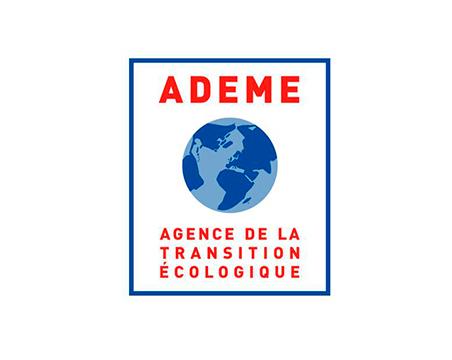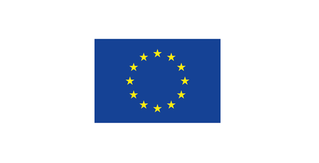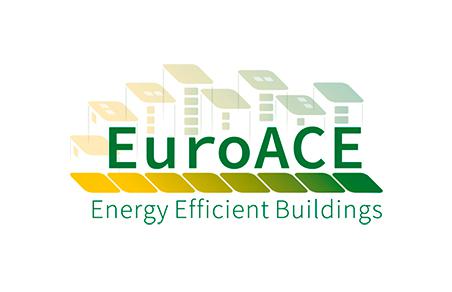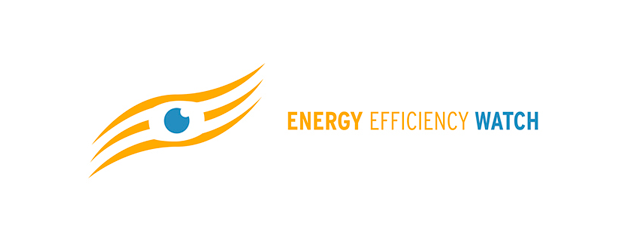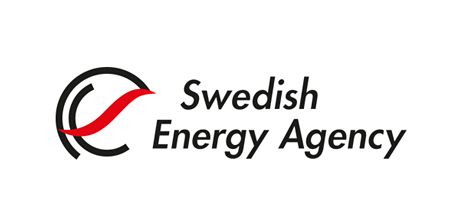Panel 4. Monitoring and evaluation in times of crises
The changes we need require learning from the past, keeping track of the present and planning for the future – all of which need to be informed by monitoring and evaluation. Panel 4 wants to discuss best practices, the latest advancement and continuing challenges in monitoring and evaluation.
In this panel, we want to explore what new information we need from monitoring and evaluation during new realities as a result of multiple crises – for example, how to demonstrate the benefits (and costs) of resilience and adapting our lives and lifestyles. This includes drawing lessons from policies that were implemented during crises such as Covid-19 or the war that Russia started in Ukraine. In times of uncertainty, what are the high-quality and transparent methodological approaches and how can we carry out analysis when data collection may be difficult?
We are interested in why we sometimes can adapt quickly into increasingly uncertain contexts and how this can be sustained in the long-term. In these contexts, we are also interested in how the principles of ‘efficiency first’ and ‘energy sufficiency’ are considered in evaluations. This includes how they are accounting for demand reduction and/or demand switching with a focus on the applicability and needs in a crisis; how multiple benefits are considered and what the possible trade-offs with non-energy impacts are; and how these can influence decisions, including how energy efficiency policies can promote sustainability transitions. Furthermore, there is the question how monitoring and evaluation can and should be built into recovery policies.
Lastly, we’re looking for examples of new methods, framing, and uses of evaluation and monitoring that have increased value to key stakeholders and have proven successful in unlocking investment in energy efficiency and adaptation to difficult and quickly changing situations. We also consider questions concerning green finance, particularly what investors and financers need to know about energy efficiency and how to provide that knowledge through monitoring and evaluation. This includes advancements in technology and data, for example the use of big data. We also particularly encourage insights into open and transparent monitoring and evaluation processes.
In particular, we are looking for abstracts that address these key points:
- Is monitoring and evaluation delivering a comprehensive and useful outlook of the effects of energy efficiency investments?
- What are best practices in evaluation that give an accurate and useful picture of energy efficiency impacts? Are there differences in approaches when they have involved policies implemented during times of crises?
- How can evaluation practices inform ex-ante assessments and improve policy design and decisions to promote energy efficiency in times of crises? What are the long-term impacts of emergency energy saving measures?
- What new information do we need from monitoring and evaluation, to demonstrate the (multiple) benefits and costs of resilience and adapting our lives and lifestyles?
- What new methods of evaluation and monitoring, such as new digitalized approaches, can provide transparency and increase its value to key stakeholders?
Panel leaders

Iska Brunzema, Fraunhofer Institute for Systems and Innovation Research, Germany
Iska Brunzema works as a research associate in the Competence Center Energy Policy and Energy Markets at Fraunhofer. Her research areas include the evaluation of targets and instruments in energy policy as well as the social aspects of the transformation of the energy system, in particular energy poverty. She is also a scientific advisor to the German Council of Experts on Climate Change, which focuses on greenhouse gas emissions trends and reaching the emission reduction targets in Germany. She studied geography at the University of Heidelberg and completed her Master's degree in 2020 with a thesis on policy networks and social innovation in the energy sector.

Lea Gynther, Motiva Oy, Finland
Lea Gynther works as policy analyst and evaluator at Motiva Oy in Finland. She has long-term hands-on experience in evaluation of policies and measures in different sectors. Although energy efficiency policy is the central focus of her work, she has experience also of other areas of sustainability such as circular economy, and social and environmental impacts. At present she works as technical secretary at Finland’s national Working Group implementing the Recast EED. Before joining Motiva, Lea worked as energy policy analyst at the IEA and in an energy consulting company. She holds M.Sc in energy engineering and energy economics.









